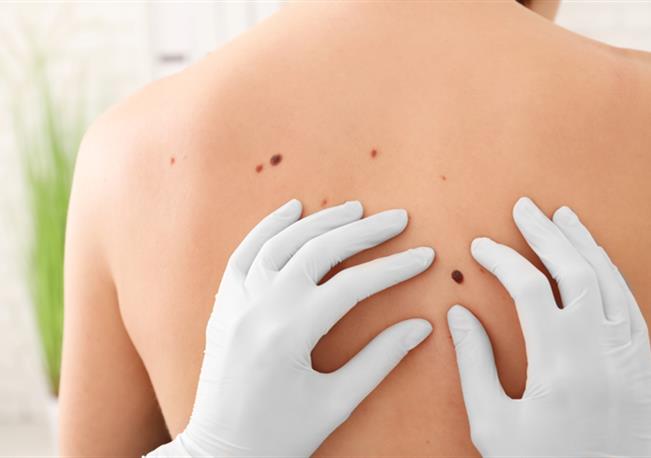Most Common Questions About Skin Cancer

According to the Center for Disease Control and Prevention, in 100,000 individual sexes, 28.1 and 17.8 males and females respectively are affected by Skin Cancer as of January 2018.
The statistics further indicate that the White race prevalence is disproportionately high at a figure of 25.1/100,000. Further, the risks gradually increase with age and also the environment, i.e., the east coast, and northern mid-country.
This revelation should not get you scared but inspire you to be alert by leading a healthy lifestyle. The first steps are to get answers for the most common questions that other people, patients or non-patients alike ask themselves. These concerns are:
What are the Casual Factors for Skin Cancer?
The cancerous cells grow when the skin is exposed to ultraviolet (UV) radiations. This, in turn, damages the DNA of the skin cells leading to uncontrolled growth and cell division. The genes that UV light destroys are the oncogenes and tumor suppressor genes. The former helps cells to grow, stay alive and divide as the latter is regulates the lifespan of a cell.
Additionally, the American Cancer Society points out that there are also genetic risk factors that are inherited on bloodlines. No study has explained this phenomenon.
What are the Types of Skin Cancer?
Basal cell carcinoma: With over a million patients, it is the most common in the USA. It affects the areas directly exposed to the UV such as nose, ears, scalp, etc. It rarely spreads to other parts of the body but it is vicious to the affected parts.
Squamous cell carcinoma: It is the second most common type. It affects the top skin layer before spreading to other parts. Mostly it is a result of long-term exposure to UV radiation.
Melanoma: It mainly affects young adults in the late 20s and therefore the least common. It develops in the cells and transported to other body parts through lymph nodes. It has a high rate of cures in the early stages and difficult to control in advanced stages.
What are the Red Flags for Skin Cancer?
Basal cell carcinoma and Squamous cell carcinomas signs:
- Yellow, pale, firm or flat scar-like skin patches.
- Itchy and raised reddish spots.
- Colored skin bumps.
- Pinky growths with lower midpoints and raised edges.
- Perpetual skin sores with occasional oozing.
- Crusty, bleeding and scaly skin patches.
- Wart-like growths
Melanoma signs:
- New and changing skin spots
- Changing skin sensation
What are the Treatment Options?
Non-melanoma cancers are easy to treat. The key to success lies in whether the attack has spread to the lymph nodes. In such a case, radiation and chemotherapy can be applied.
In most cases, the surgical methods are used to remove the cells depending on factors such to be determined by the dermatologist. These methods are
- Mohs micrographic surgery
- Standard excision
- Curettage and electrodesiccation
How Can You Reduce the Risk of Skin Cancer?
- Select water-resistant sun protectors at the beach or open-air pool.
- Use broad-spectrum sunscreens for UVB and UVA radiation.
- Use sunscreens at two-hour intervals.
- Resist the urge for a tanning bed.
- Apply lip balm.
- Wear sunglasses.
- Shop for UV resistant clothing.
- Avoid suns exposure between 10 am and 4 pm
- Visit the dermatologist often.
- Eat Healthily
Getting the Help That You Need From Dermatologists
Dermatology Consultants of Frisco TX offer world-class skin cancer care. You can practice the healthy lifestyle and also seek personalized attention from the doctors. The advantage of their specialty is that the dermatologists get to know your skin and, therefore, be in a better position to diagnose or offer appropriate advice.

